Building Confidence in Tweens & Teens
In the bustling halls of a middle school, I had the privilege of working with a student who uttered a phrase that resonated deeply with me: “Well, if I don’t try, then I cannot be embarrassed.”
Those words, spoken by a struggling learner, highlighted a common sentiment among tweens and teens who grapple with academic challenges — fear of failure and embarrassment.
As a school counselor & learning specialists, my goal is not only to support students academically, but also help them build confidence & resilience. One powerful tool in achieving this is brain training.
The Power of Resilience through Brain Training
Imagine a young student who is hesitant to participate in class, fearing the laughs and comments from their peers if they’re incorrect. This fear of embarrassment can be paralyzing, leading them to avoid trying altogether.
“Oh, that quiz that I failed, I didn’t even study for that!” says your tween to their classmate, but you happen to know they prepared for a couple of nights leading up to the quiz!
Here again, it is easier to blame the failure on not putting effort in than to have really tried without success.
It’s a situation that many parents and educators can relate to. That’s where brain training comes in as a transformative approach.
Unlocking the Potential for Success
Brain training is not just about improving cognitive skills; it’s also about instilling the confidence to face challenges head-on.
In my work, I’ve seen how brain training exercises can help struggling learners overcome their self-doubt and reluctance. It begins by recognizing that failure is NOT a reflection of one’s worth, but rather a stepping stone to growth.
The Brain’s Remarkable Plasticity
One of the most remarkable aspects of brain training is the long-studied concept of neuroplasticity — the brain’s ability to adapt and change at any age. It’s important for tweens and teens to understand that their cognitive abilities are not set in stone.
Brain training exercises are designed to stimulate neural connections, enhancing memory, attention, and processing speed.
As they engage in these repeated neural connections and experience improvements, their self-confidence begins to blossom.
Setting Realistic Goals in Go for Growth Sessions
For tweens and teens, setting and CELEBRATING, achievable goals is a key component to building confidence. The brain training software options allow students to track their progress, creating opportunities to celebrate small, tangible victories along the way.
These achievements serve as powerful motivators, reinforcing the idea that effort and determination lead to success.
So, How Can YOU as the Parent Help?
Confidence-building through brain training is not a standalone solution. It is most effective when integrated into a holistic approach:
Catch them doing little things right
Parental connection is so powerful that whatever behavior we pay attention to will increase. By paying attention to even the tiniest thing they are doing right, will increase that behavior.
Simply put, catching your tween or tween doing something right is a momentum builder!
Get curious about what’s causing an unwanted behavior
There’s a good chance your tween or teen is not lazy, but instead scared of failure. They likely won’t share this truth candidly, but remain open to the idea that avoidance might be at play.
Shifting from “I want to get my point across to fix this for you” to “I want to learn your struggles” is a powerful shift into this curiosity mindset.
Praise character over results
Praise work ethic over a good grade: “you worked so hard to break up your studying over two nights before the quiz”
Praise resolution skills: “you were able to see a couple of different solutions to that problem that I hadn’t yet thought of!”
Praise resiliency: “I’m impressed by you’re willingness to keep trying until you get to a spot you like”
In conclusion, I’ve witnessed how brain training can transform the lives of struggling learners by boosting their confidence and resilience.
By truly living out the philosophy that failure is a natural part of the learning process, tweens and teens can overcome their fears of embarrassment and develop the self-assuredness to ask the questions, answer the questions, and tackle the challenges thrown their way.
